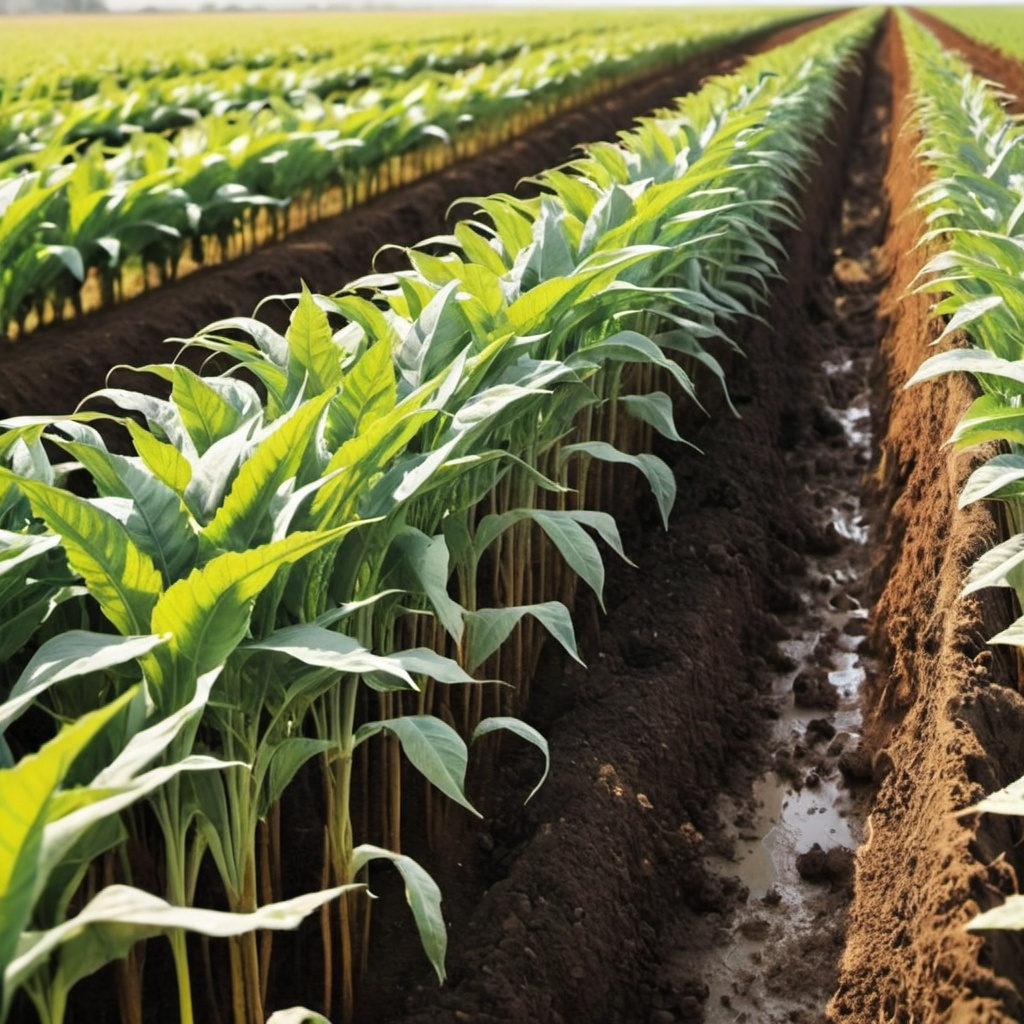
Rising Global Food Prices
In recent months, global food prices have been on the rise due to various factors, including climate change, supply chain disruptions, and increased demand. Droughts in key agricultural regions, particularly in North America and Europe, have led to lower crop yields, pushing prices of staple crops such as wheat and corn to higher levels. This trend is putting pressure on both producers and consumers worldwide, with many governments considering policy interventions to stabilize food prices.
Climate Change Impacting Agriculture
Climate change continues to have a profound impact on the agriculture sector. Extreme weather events, such as floods, droughts, and hurricanes, are affecting crop production and livestock farming. Farmers are struggling to adapt to these changes, and the need for more sustainable agricultural practices is becoming increasingly urgent. New technologies and innovations in climate-smart agriculture are being explored to help mitigate the negative effects of climate change on food production.
Advances in Agricultural Technology
Technological advancements are playing a key role in transforming the agriculture industry. From precision farming and drone technology to AI-driven crop monitoring systems, farmers now have access to tools that can help optimize production and reduce costs. These innovations are enabling more efficient use of resources, such as water and fertilizer, while also improving yields. The rise of smart farming solutions is expected to continue shaping the future of agriculture.
Labor Shortages in the Agriculture Industry
Labor shortages remain a critical issue for the agriculture sector, especially in countries that rely heavily on seasonal workers for planting and harvesting crops. The COVID-19 pandemic exacerbated these challenges, leading to delays in agricultural production. Governments and industry leaders are looking for solutions, including automation and robotics, to reduce the reliance on manual labor while ensuring food security.
Sustainable Farming Practices Gaining Momentum
There is a growing shift toward sustainable farming practices as consumers, governments, and industry stakeholders become more aware of the environmental impacts of conventional agriculture. Practices such as organic farming, regenerative agriculture, and reduced use of chemical pesticides are becoming more popular. These methods aim to preserve soil health, reduce carbon emissions, and protect biodiversity, while still meeting the demand for food.